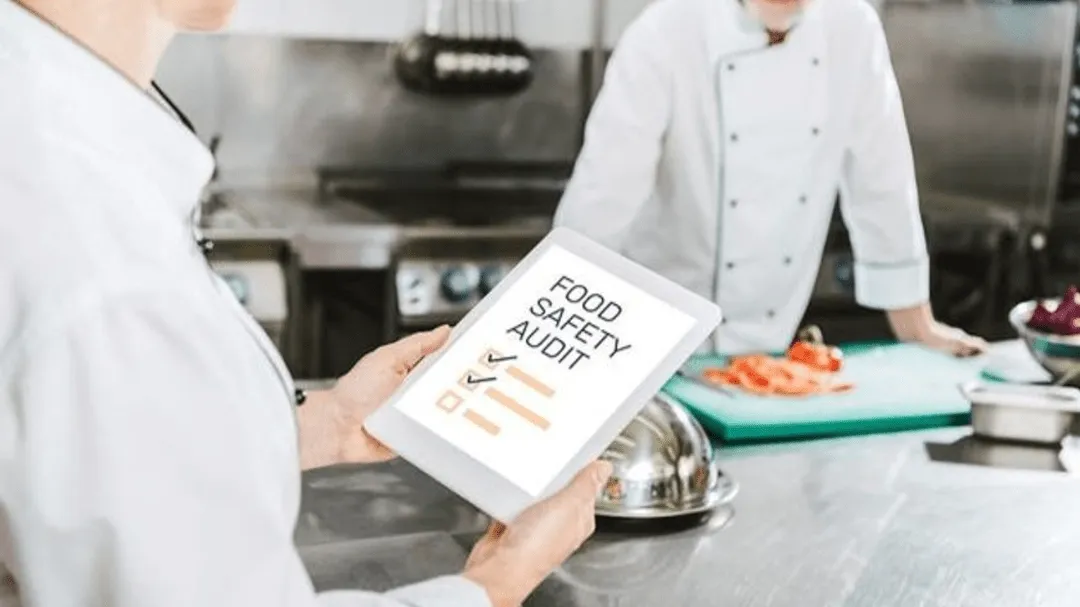Introduction
A food auditor is a certified professional responsible for verifying the implementation of food safety programs, such as HACCP-based systems, in a food manufacturing facility. These auditors not only conduct audits but also train food industry personnel to maintain hygiene standards and regulatory compliance.
Internal audits are essential for businesses to assess their adherence to standard operating procedures (SOPs), regulatory requirements, and food safety certifications like FSSC 22000 and ISO 22000.
There are three recognized levels of food safety auditors:
- Associate Food Safety Auditor
- Food Safety Auditor
- Senior Food Safety Auditor
Each level is defined by the auditor's industry experience and audit expertise. Regardless of the level, auditors must demonstrate proficiency in audit procedures, food safety compliance, and effective communication.
Requirement
Due to growing consumer awareness, the demand for food quality and safety standards has increased, pushing the food industry to implement robust compliance mechanisms. Auditors must be:
- Well-versed in legal frameworks and certification requirements
- Skilled at identifying gaps in documentation, record-keeping, and operations
- Fluent in communication, especially in local languages for better shop-floor guidance
- Equipped with technical knowledge to assess control measures and production systems
An effective food auditor collaborates closely with engineering consultants and food consultancy services to ensure that plant design and operations meet industry-specific standards.

Responsibility
Comprehensive Responsibilities Include:
- Developing food safety programs for manufacturing units
- Validating food processing methods and hygiene protocols
- Identifying potential hazards and evaluating control methods
- Recommending revisions to SOPs and support programs
- Establishing corrective and preventive actions (CAPA)
- Preparing detailed audit documentation: hazard analysis, verification logs, review reports
- Planning periodic review and updates of the food safety program
- Advising on necessary actions when verification shows non-compliance
These activities support businesses looking for food technology consulting or food business consultancy to implement modern, scalable safety programs.

Imapct on Food Industry
The COVID-19 pandemic highlighted the vulnerabilities in food supply chains. While some facilities saw decreased demand, others experienced rapid surges—both scenarios required flexible, scalable food safety programs. Key impacts of food audits include:
- Ensuring temporary and new staff follow sanitation and safety protocols
- Identifying critical control points missed due to production pressure
- Reducing risks of contamination (microbiological or foreign matter)
- Supporting preventive maintenance and sanitation planning
- Preventing large-scale recalls and loss of consumer trust
Routine audits serve as an early warning system for food manufacturers and are integral to ensuring regulatory readiness and market access.

References
- Mérieux NutriSciences – Importance of Food Audits
- Food Standards Australia Audit Report
- FSSAI – Auditor Responsibilities
 PMG stands for Projects Management Group. We provide state-of-the-art Engineering Services to build world-class food processing factories.
PMG stands for Projects Management Group. We provide state-of-the-art Engineering Services to build world-class food processing factories.  Engineering is the difference between Chaos and Excellence. If you are going to do it, do it right.
Engineering is the difference between Chaos and Excellence. If you are going to do it, do it right.  Explore the diverse range of Products in the Food Processing Industry.
Explore the diverse range of Products in the Food Processing Industry.  Explore the technologies at the heart of the the Food Processing Industry.
Explore the technologies at the heart of the the Food Processing Industry. 


 Back
Back 



